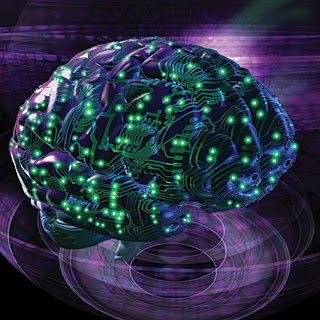Somatic mutations make twins’ brains less identical

There is a paradox at the heart of behavioural and psychiatric genetics. On the one hand, it is very clear that practically any psychological trait one cares to study is partly heritable - i.e., the differences in the trait between people are partly caused by differences in their genes. Similarly, psychiatric disorders are also highly heritable and, by now, mutations in hundreds of different genes have been identified that cause them. However, these studies also highlight the limits of genetic determinism, which is especially evident in comparisons of monozygotic (identical) twins, who share all their genetic inheritance in common. Though they are obviously much more like each other in psychological traits than people who are not related to each other, they are clearly NOT identical to each other for these traits. For example, if one twin has a diagnosis of schizophrenia, the chance that the other one will also suffer from the disorder is about 50% - massively higher than the pop
